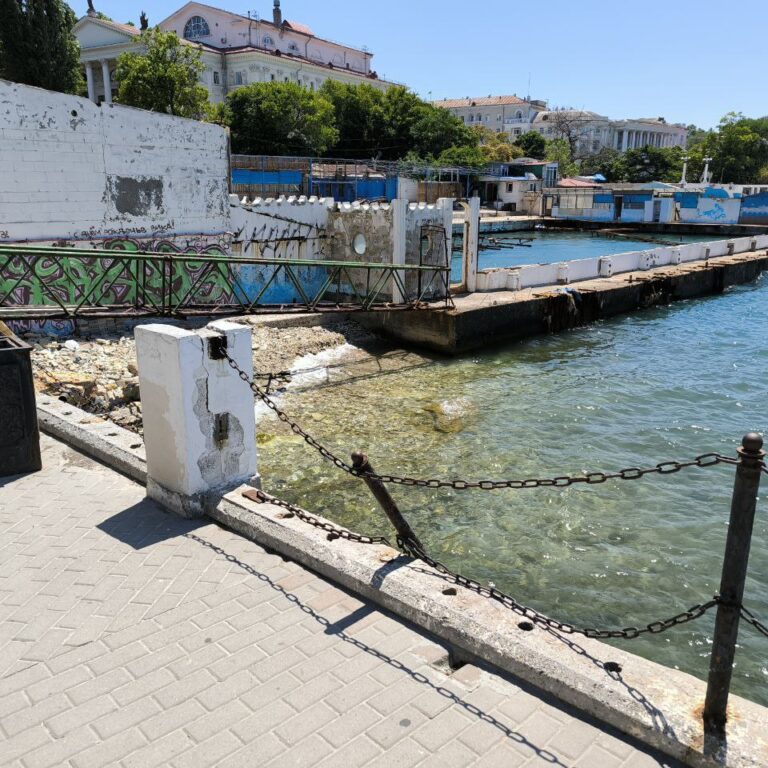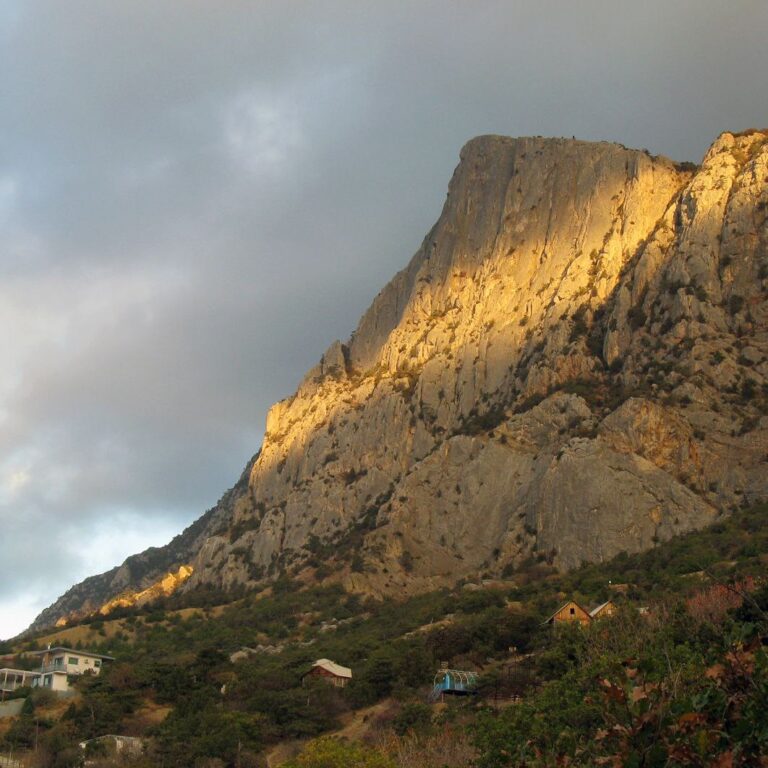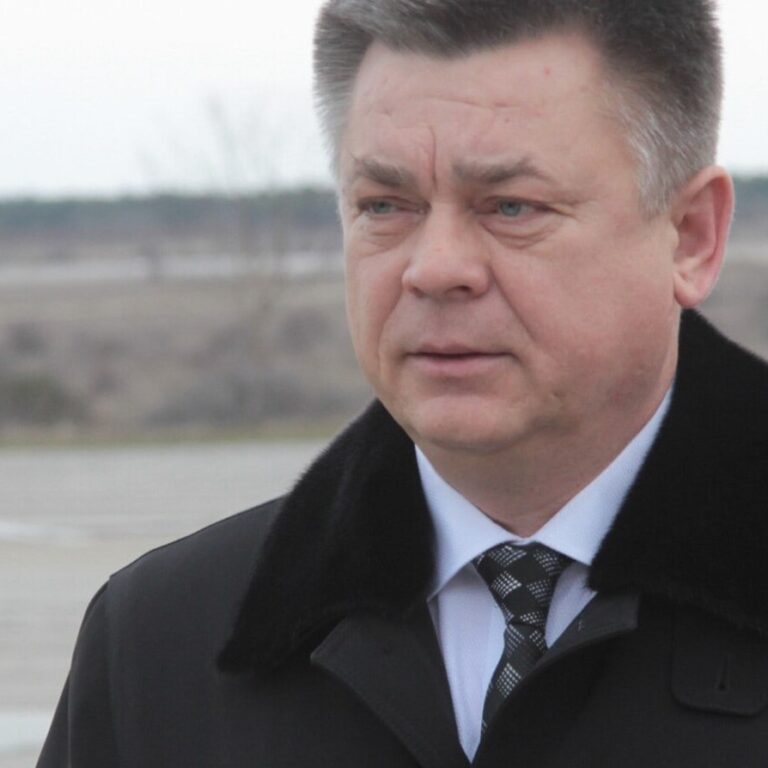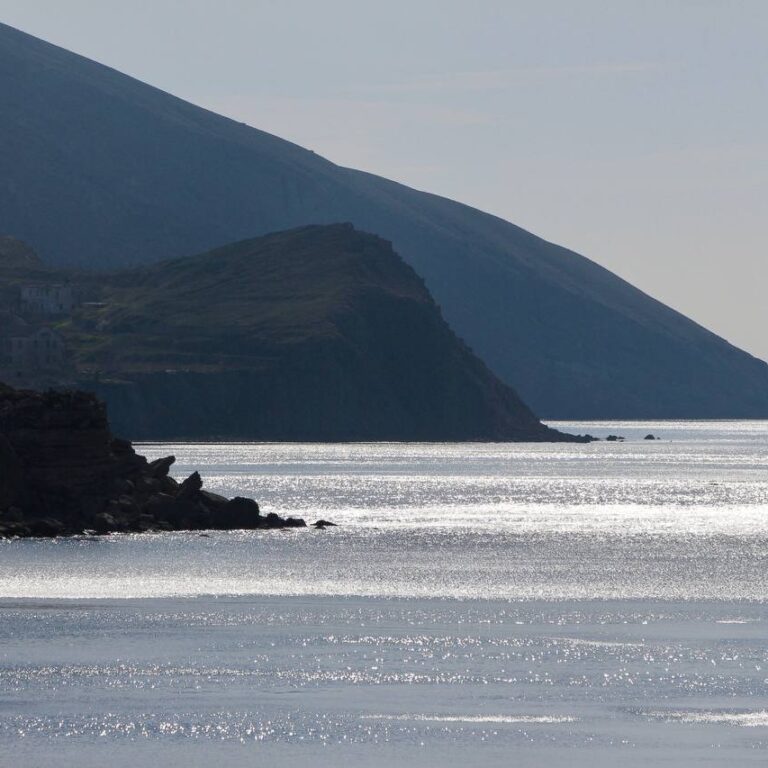In December, 2023 Centre for Europe in University of Warsaw published collective research “Poland’s Experience in Combating Disinformation: Inspirations for the Western Balkans” and public task for it was financed by the Poland’s Ministry of Foreign Affairs in framework of grant competition “Public Diplomacy 2023” Despite the current modernisation of polish diplomacy on ground of perliamentary election’s results, this research, reminding illegal occupaiton of Crimea, as Professor Borys Babin stressed after its rewiew, seems extremely important for further analytic regarding Russia’s propagandistic efforts.
For example, Dr. Agnieszka Ostrowska from Centre for International Relations pointed that “Russian disinformation activities visibly intensified with its annexation of Crimea, the Russian-led hybrid war in the Donbass, as well as the Maidan Revolution in Ukraine in 2014”. Scientists from University of Warsaw, Dr. Artur Adamczyk and Dr. Olga Barburska stressed in that research, that the attempted “annexation of Crimea by Russia in 2014 and, …the overt Russian aggression against Ukraine in 2022 have triggered a substantial intensifi cation of Poland’s diplomatic efforts to forge stronger bonds with Balkan nations. The principal motivation behind this surge in engagement has been the imperative to curtail Russian infl uence in the Balkans”; they add that “discernible inflection point in Polish foreign policy materialised” following Russia’s illegal occupation of Crimea in 2014.
Their colleague from University of Warsaw Dr. Dorota Jurkiewicz-Eckert reminded that Polish government cancelled in July, 2014 the implementation of a 2015 flagship event of Polish cultural diplomacy, namely, the “Polish Year in Russia”, and the “Russian Year in Poland”, that was a “direct response to the downing of the Malaysian airliner by the Russians over Ukraine and the Russian-induced escalating military conflict with Ukraine culminating in the illegal annexation of Crimea and the war in Donbass in 2014”.
Dr. Jurkiewicz-Eckert also stresses that “matched by increased restrictions on political opposition in Russia, disinformation narratives progressed from propaganda and historical revisionism – for example, insisting that Crimea “had always been Russian” – to false claims about neo-Nazi infiltration in Ukraine’s government and conspiracy theories about Ukraine/US bioweapon laboratories”.
Their other colleague from University of Warsaw Dr. Bogdan J. Góralczyk stressed in his chapter thst the real watershed moment in China-European relations “came in 2014 when Russia forcefully annexed Crimea” and that Russia’s agginession, including occupation of Crimea , “has deeply changed the atmosphere not only in Europe, but the whole of the West. Many partners of Russia, so tightly linked to China by business, trade, and economic relations, have started since then to focus more on security than trade considerations”.
And Dr. Mehmedin Tahirović from University of Donja Gorica reminded in his chapter that as the Western Balkans is a region characterised by weak governance, fragile civil society, and geopolitical disputes, both internal and regional, it make it highly susceptible to local and foreign disinformation campaigns. He stressed that “the region’s democratic vulnerability favours Russia’s activities, which, since the annexation of Crimea in 2014 and the sanctions imposed by the EU and the US, has launched an extensive disinformation campaign in the Western Balkans aimed at undermining the values and perceptions of the EU and the US and obstructing the ambitions of regional countries on their path to European and transatlantic integration”.







